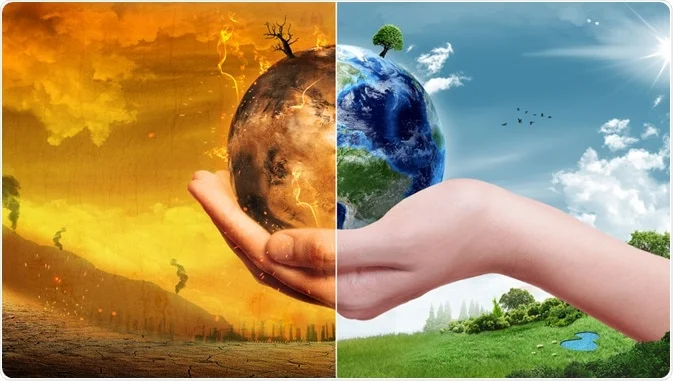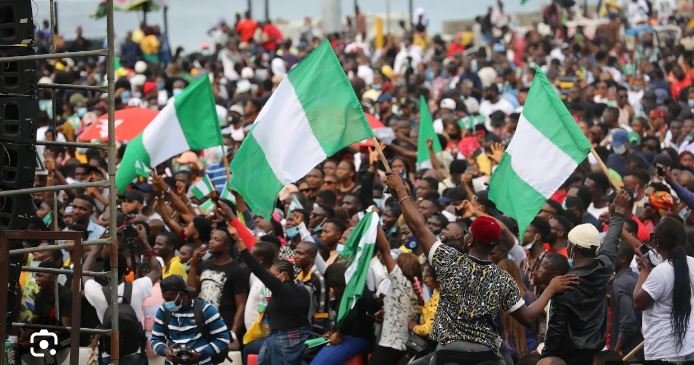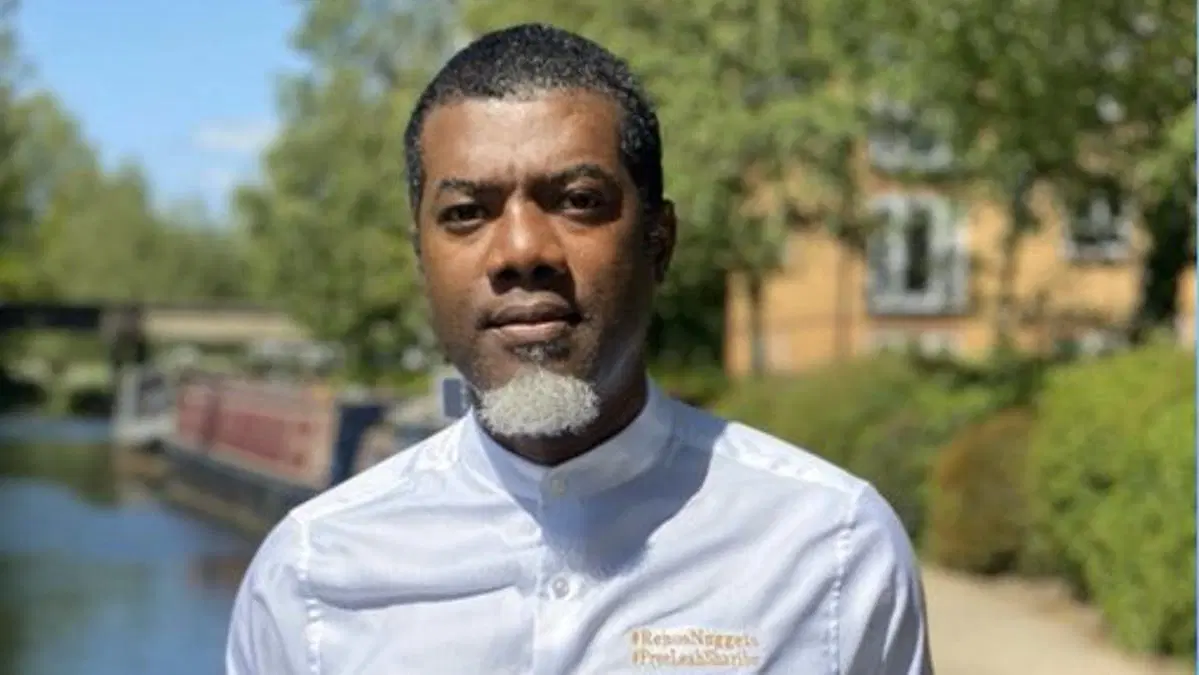By Ariwodo Chidinma Favour
In the digital age, social media has become an indispensable tool in political campaigns, reshaping the landscape of how candidates connect with voters and convey their messages.
Unlike traditional media, which often required significant financial resources and time to reach a broad audience, social media platforms offer a more accessible and instantaneous means of communication.
This democratization of information has allowed candidates, from the most well-funded to grassroots movements, to engage directly with their constituents.
One of the most significant impacts of social media on modern political campaigns is the ability to rapidly disseminate information. Platforms like Twitter, Facebook, and Instagram allow politicians to share their views, respond to current events, and interact with voters in real time.
This immediacy fosters a closer connection between politicians and the electorate, making the campaign more dynamic and responsive to the needs and concerns of the public.
Moreover, social media has transformed the traditional power dynamics in political communication. Candidates no longer rely solely on mainstream media to shape public opinion. Instead, they can craft their narratives, control the timing of announcements, and bypass potential media biases.
This shift has given rise to more personalized and targeted campaigns, where data analytics play a crucial role. Campaign teams analyze user data to tailor messages that resonate with specific demographics, ensuring that their content reaches the right people at the right time.
READ ALSO: Davido Announces Surprise Collaboration with Rising Star, Ayra Starr
However, the influence of social media on political campaigns is not without its challenges. The same platforms that enable widespread communication also facilitate the spread of misinformation and fake news. The speed at which false information can go viral poses a significant threat to the integrity of the electoral process, potentially swaying public opinion based on misleading or fabricated content. This has led to increased scrutiny and calls for greater regulation of social media platforms to prevent the manipulation of voters through disinformation.
In addition, social media has contributed to the polarization of political discourse. The algorithms that drive these platforms often prioritize content that elicits strong emotional reactions, leading to the amplification of extreme views. This can create echo chambers where individuals are exposed only to information that reinforces their existing beliefs, making it difficult to foster constructive dialogue across political divides.
Despite these challenges, the impact of social media on modern political campaigns is undeniable. It has empowered candidates to reach wider audiences, engage with voters more directly, and shape their campaign strategies in innovative ways. As social media continues to evolve, its role in political campaigns will likely grow, further transforming the ways in which politicians and the public interact in the democratic process.









